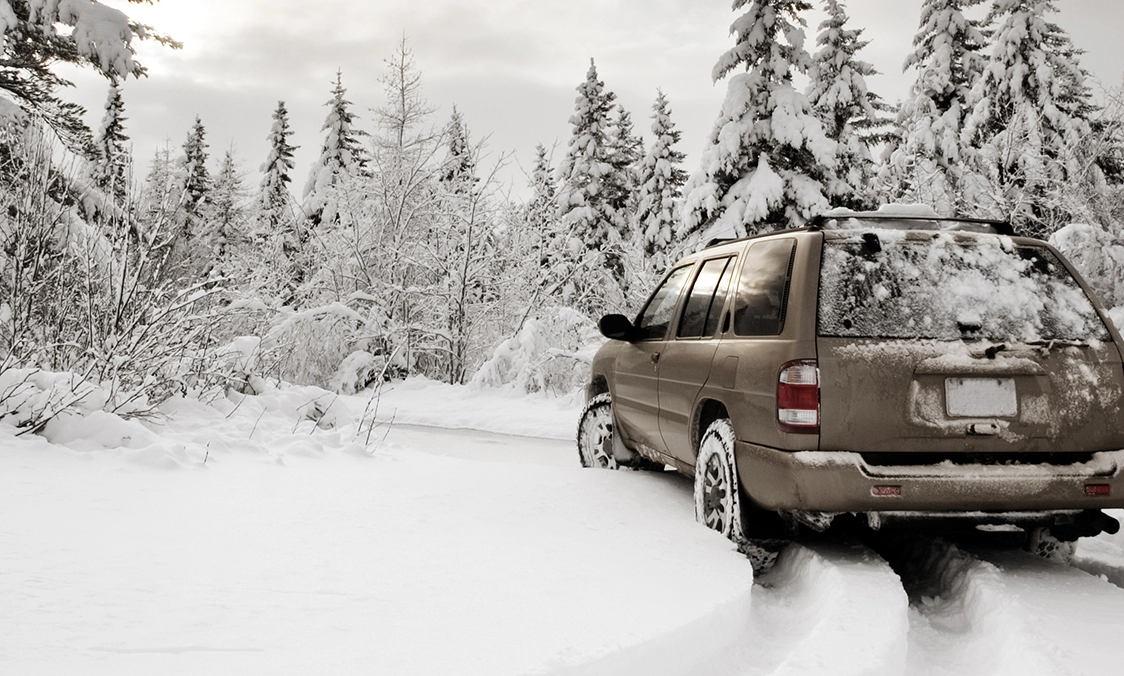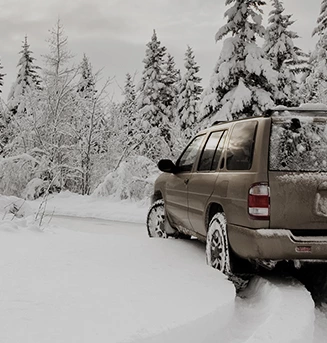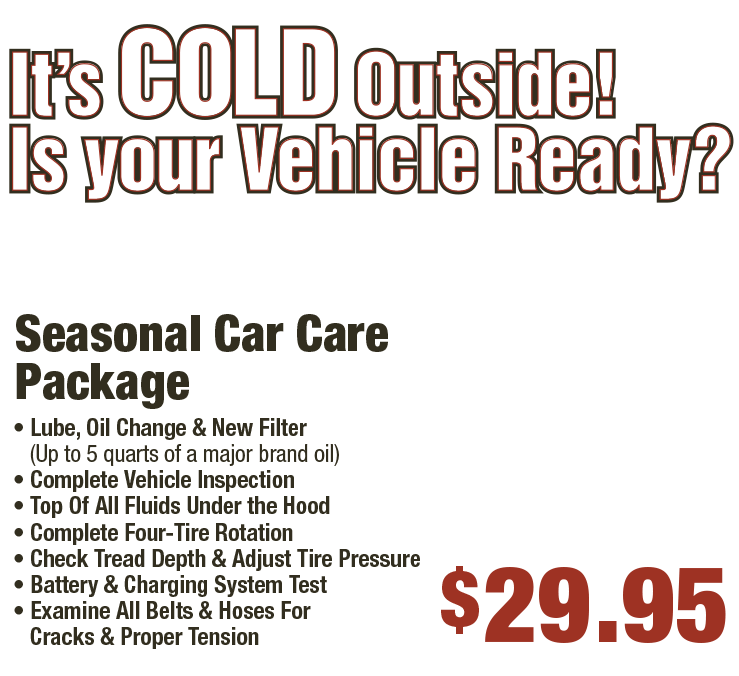Emergency! (Vehicle Emergency items)
July 3, 2022
"I never expected it could happen to me." Countless drivers have said that after they've had an emergency turn their lives upside down. So before that happens to you, let's thinking about planning ahead for an emergency with a few things you should keep in your vehicle.
- Road flares. If you've ever driven by a disabled vehicle sitting at the side of the highway at night, you know how terribly hard it is to see, especially in bad weather like rain. If you are the one in that broken down vehicle, you run the risk of being hit by a vehicle whose driver literally may not be able to see you. The best emergency signal includes one or more road flares. There's a reason police officers and firefighters carry them in their vehicles. When you see a series of burning red flares at the side of the road, you know something serious is going on. These are far more visible at a much longer distance than nearly any other portable signal device.
- Fire extinguisher. Thousands of vehicles catch fire every year. Most fires start small but can get out of control. It's vital to have a fire extinguisher in your vehicle, and there are several small ones designed especially for the job. Since many different types of vehicle fires can start, make sure the extinguisher you choose will handle every fire from gasoline to electrical. Some have handy mounting brackets. And keep it up to date!
- Flashlight. Sure, your cell phone likely has a light in it. But you will need that phone for communication if there's an emergency. Plus, the light’s just not that bright. So carry an LED flashlight designed for automotive use. LEDs produce a lot of light with little power; plus, many of those designed for vehicles include a lantern which will light up a wider area. It’s vital if you have to read your vehicle's jack instructions or tend to an injured person.
- Drinking water and snacks. If your vehicle breaks down during bad weather and you may be forced to stay with it for a long time, you'll need food and water to survive until help can arrive. These are simply the necessities of life, so have a small supply on hand, just in case.
Other things like basic tools, a first aid kit, a space blanket and jumper cables are also good ideas. Many service repair facilities offer these items for sale, and you can ask your service advisor for suggestions. While it's fresh in your mind, plan a shopping trip and put together your own emergency kit now. Sure, you can put it off, but you may find yourself stuck in a difficult situation, saying to yourself, "Only if…"
Sterling Tire & Auto
34701 Van Dyke Rd
Sterling Heights, Michigan 48312
586-264-7775
Need Service?
More articles from Sterling Tire & Auto

Losing Your Cool (Why is My Air Conditioning System Not Working?)
January 25, 2026
When you turn on the air conditioning in your vehicle, you expect cool air to come out of the vents. You depend on it, especially in hot weather, but it can also be important in humid weather when you need it to help defrost your windows and windshield. The air conditioning system has a lot of p... More

Why Maintaining Your Windshield Wipers and Washers Matters (Windshield Wiper and Washer Inspection)
January 18, 2026
What do mud, bird droppings and frost all have in common? When theyre covering your windshield, they can temporarily obscure your view of the road, leaving you driving blind. And when you cant see the road clearly ahead of you, it can be really scary. Thats one of the reasons its important to m... More

Why is My Brake Pedal Hard to Push?
January 11, 2026
When you push on your brake pedal, you should find your vehicle easy to stop. But at some point, you might notice stopping takes much more pressure on the pedal than it used to. When it gets to that point it becomes a safety issue, and you should bring your vehicle in so we can track down whats... More








